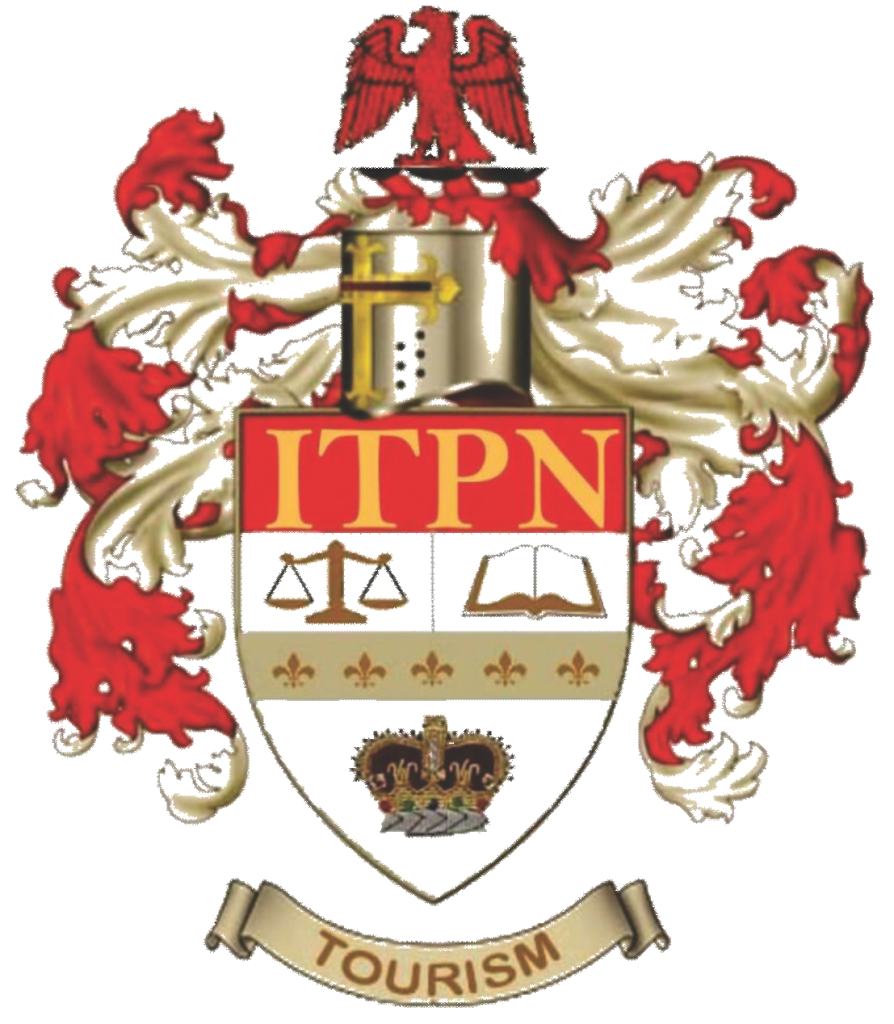Governance Structure–
The Council is the highest policy formulation organ of the Institute. The council functions through the Secretariat and Committees.
The President of the Institute is the Chairman of council and head of the Executive Committee of the Institute. He directs the programme and mandate of the Institute on behalf of members.
The Body of Fellows consists of all the Fellows of the Institute, who, relying on their wealth of experience and knowledge, serve as an advisory body to the Council.
The Secretariat of the Institute is responsible for the day-to-day management of the Institute. At its helm of affairs is the Director General who is the Chief Administrative Officer of the Institute. He is assisted by two Directors who are responsible for the Corporate Office and The Registrar-Academic/Curriculum affairs respectively. The Secretariat is responsible to the Council who employs members of staff; establishes remuneration policies, terms and conditions of service and disciplinary actions.
Committees of Council In order to enhance the quality of the decision- making process, the Council may appoint permanent or ad hoc committees which may be responsible for any areas of activities in which a committee’s contribution is required. At the present time, the following committees are established by the Council.
1. The Executive Committee comprises the President and all Council Committee Chairmen. This committee is responsible for meeting and taking strategic decisions on the running of the Institute in line with the policy directives of the Council. The President doubles as the Lead Chief External Verifier, as the Institute is first, an Awarding body, and then a Professional Membership Organisation.
In order to maintain quality assurance and uphold the integrity of our awards, the office of the National President is an Executive position, as the concept of NVQF and NVQs is relatively new in Nigeria, and a strategic direction is required in order for the ethos Quality Assurance of Assessment Processes and Practice to be fully embedded, and inculcated in the administrative, and vocational & technical imperatives of the institute.
Furthermore, an awarding body must be organised and managed in a way that is fit for its purpose, and ensures public confidence in the national qualifications framework. The function of the President shall be to act as a guardian of the standards, maintain integrity of awards.
2. The Education/Quality Assurance Committee is responsible for setting standard of education for the certificate and professional examinations of the Institute. The Committee primary responsibility shall be to develop detailed assessment methodology, instruments of assessment and documentation to be used for assessment. Prepare and review syllabus and programme contents of the institute vocational, technical and professional awards, and to ensure that it conforms to the standard of education established by the Institute, and the regulatory authorities. It shall be responsible for reviewing and approving manuals published for the institute’s courses and recommending appropriate texts for all levels of the Institute courses as may be necessary.
The committee is responsible for scrutinizing the Quality Assurance of Assessment Processes and Practice, and ensuring that they are consistent with standards set at all times. They advise on the occupational expertise required by trainers, assessors and verifiers based on the general principles specified the Sector Skills Council or the relevant Regulatory Authorities. The Registrar is the Administrative head and Coordinator of the Committee, while the Chief External Verifiers provide specialist leadership.
Role of the Chief Verifier-The main role of the Chief Verifier is to ensure that the standards of the internally assessed components of ITP qualifications are consistent across centres and External Verifiers over a period of time, ensuring rigorous monitoring of external verifiers for accredited qualifications. In addition they provide on-going feedback regarding the internally assessed elements as appropriate.
Chief Verifiers are assigned to a sector area or an individual qualification, based on their expertise. They provide support and guidance to the team of External Verifiers working within the given sector area or qualification ensuring rigorous external verification of assessment decisions. This may include helping External Verifiers to interpret the standards, accompanying External Verifiers on quality visits and sampling visit reports.
3. Membership Committee is responsible for evaluating membership applications for any grade of membership and upgrading before recommending possible actions to the Council. It is also responsible for providing guidelines for membership and monitoring implementation of membership policy enunciated by the Council.
4. Ethics and Disciplinary Committee is responsible for reviewing the Institute’s policy on ethical conducts of members and marketing practitioners and for setting up a system for monitoring and impacting ethical considerations by members in the conduct of their profession and businesses. Also, the committee is charged with the responsibility for developing a feedback system with the secretariat, members and organizations and ensures that disciplinary matters referred to it are reviewed and recommendations made to the Council for necessary action.
5. Training and Consultancy Committee is responsible for setting standard and policies on training and consultancy activities of the Institute and carrying out consultancy services and training as may be requested by the secretariat. It shall set standard for assessing centres offering the institute courses on full-time or part-time basis. Accreditation of such institution shall be based on the outcome of the recommendation of the committee.
It shall be responsible for reviewing application for registration of training centres/providers of learning and where the Institute courses are offered. The committee shall review performance of centres from time to time. It may carry out inspection or visitation as may be necessary to assess suitability and quality of centres and advise the council appropriately. The committee is responsible for establishing the process for implementation and incorporation of emerging trends from the industry, and recommend the process for continuous professional development (CPD) for every category of staff.
6. Events Committee is responsible for organizing formal events such as induction, award ceremonies, local and overseas tours, reception of delegations and other formal occasions designed to enhance the image of the institute.


